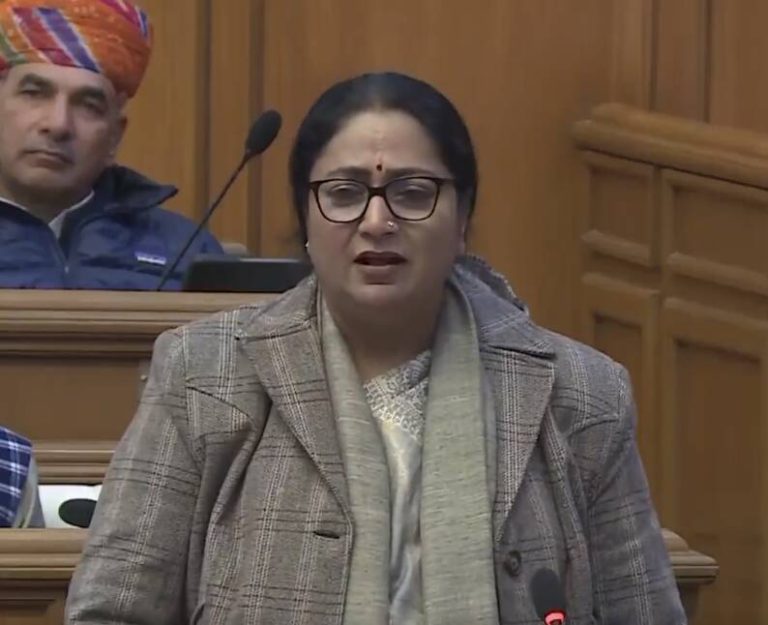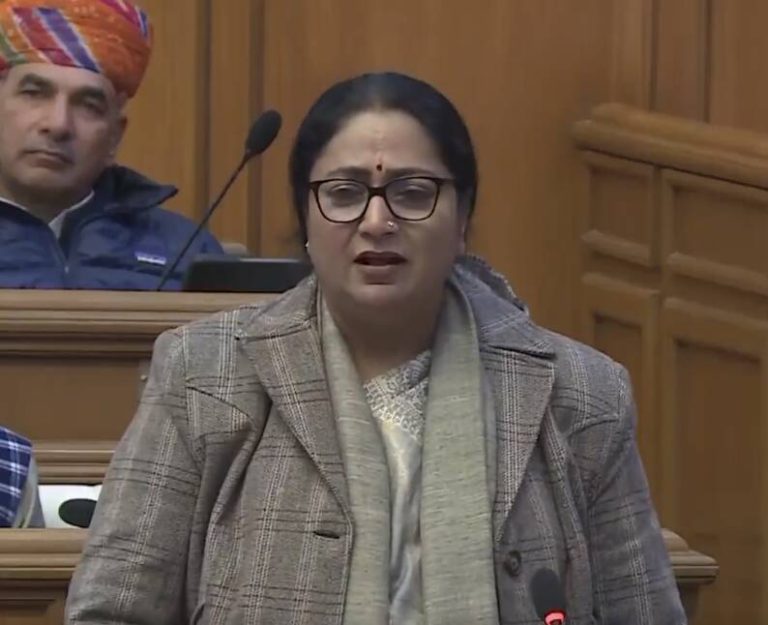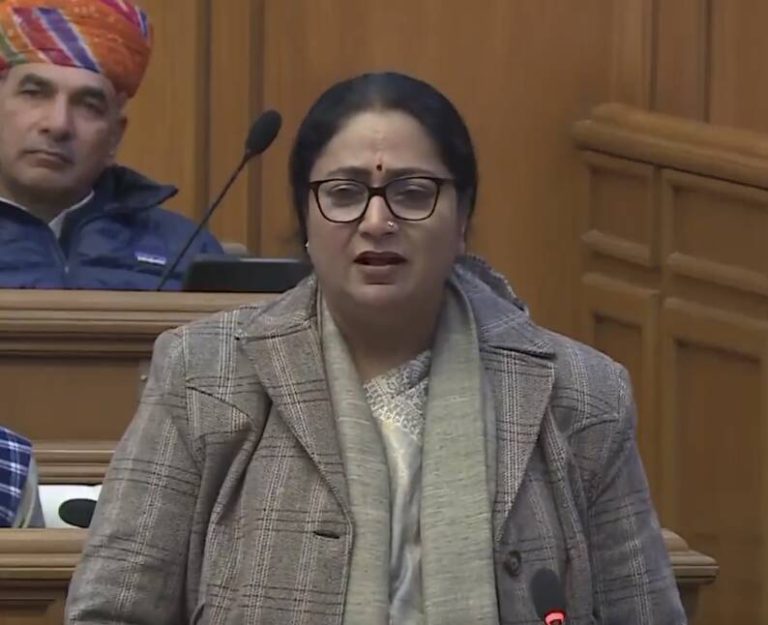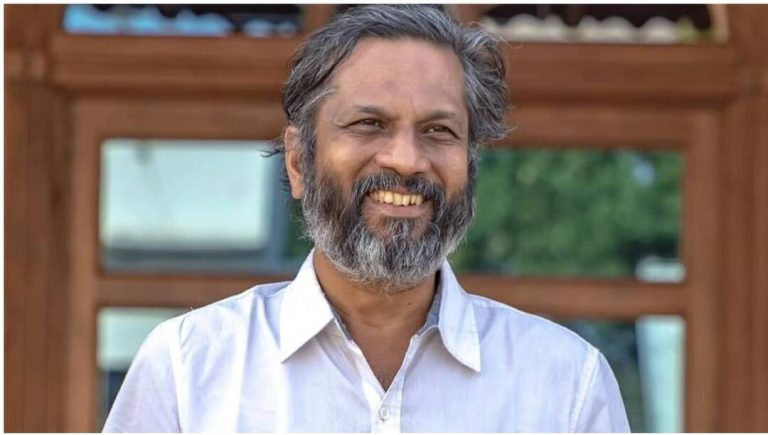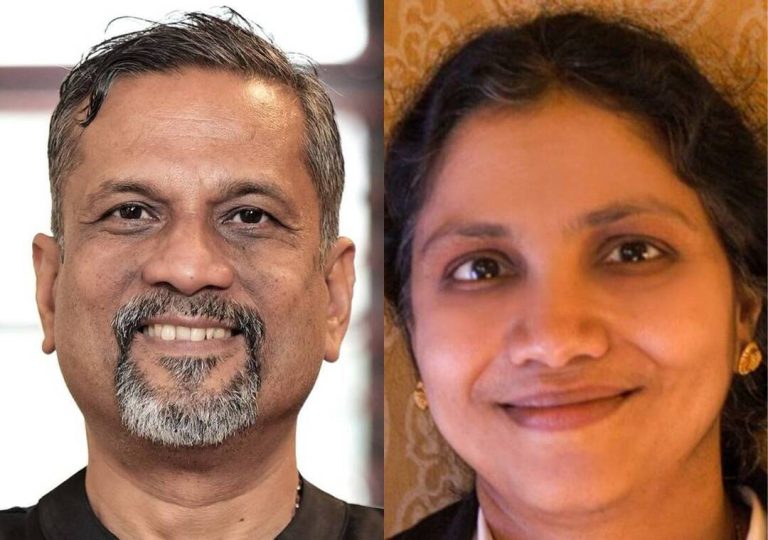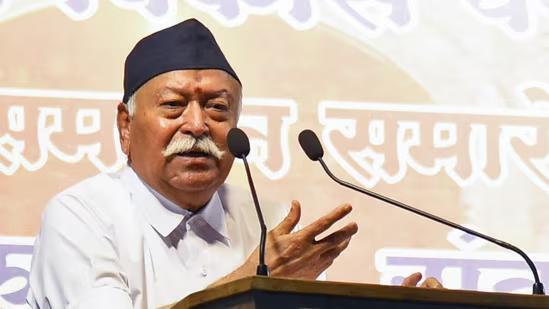
Muslims & Christians are also Hindus if they follow Indian culture: RSS chief Bhagwat
In a recent statement, Rashtriya Swayamsevak Sangh (RSS) chief Mohan Bhagwat has sparked a new debate by redefining the term “Hindu”. According to Bhagwat, anyone who takes pride in Bharat, the Indian subcontinent, and follows Indian culture can be considered a Hindu. This statement has far-reaching implications, as it challenges the traditional notion of Hinduism as a specific religion and instead emphasizes the cultural and national aspects of being a Hindu.
Bhagwat’s statement was made during a recent address, where he emphasized that the term “Hindu” is not limited to a particular religion or community. He said, “If Muslims and Christians, even without giving up their worship, customs and traditions, worship this country, follow Indian culture…then they are Hindus.” This statement suggests that Bhagwat is attempting to broaden the definition of Hinduism to include people of all faiths who identify with Indian culture and values.
This new definition of Hinduism has sparked a lot of debate, with some people welcoming the inclusive approach and others criticizing it as an attempt to dilute the distinct identity of Hinduism as a religion. However, Bhagwat’s statement also reflects the RSS’s long-held view that Hinduism is not just a religion, but a way of life that encompasses a broad range of cultural, social, and national values.
Bhagwat also emphasized that India does not need an official label to be a ‘Hindu Rashtra’ (Hindu nation) because its civilization already reflects it. He argued that the country’s diverse cultural heritage, including its languages, customs, and traditions, are all part of the broader Hindu cultural framework. This statement suggests that Bhagwat is attempting to promote a vision of India as a culturally unified nation, where people of all faiths and backgrounds can coexist and thrive.
The implications of Bhagwat’s statement are significant, as they challenge the traditional notion of Hinduism as a specific religion. If we accept Bhagwat’s definition of Hinduism, then it would mean that anyone who identifies with Indian culture and values can be considered a Hindu, regardless of their religious affiliation. This would be a significant shift in the way we think about Hinduism and its relationship to Indian identity.
However, this definition also raises several questions and challenges. For example, how do we define Indian culture and values, and who gets to decide what constitutes “Hindu” culture? How do we reconcile the diverse cultural and religious traditions that exist within India, and how do we ensure that the rights and identities of all communities are respected and protected?
Despite these challenges, Bhagwat’s statement reflects a broader trend in Indian society, where there is a growing emphasis on promoting a sense of national unity and cultural identity. In recent years, there has been a surge in nationalist sentiment, with many Indians seeking to assert their cultural and national pride. Bhagwat’s statement can be seen as an attempt to tap into this sentiment, by promoting a vision of India as a culturally unified nation.
In conclusion, RSS chief Mohan Bhagwat’s statement that Muslims and Christians can be considered Hindus if they follow Indian culture has sparked a new debate about the meaning and definition of Hinduism. While this statement reflects a broader trend in Indian society, where there is a growing emphasis on promoting national unity and cultural identity, it also raises several questions and challenges. As we move forward, it will be important to consider the implications of this definition and to ensure that the rights and identities of all communities are respected and protected.
